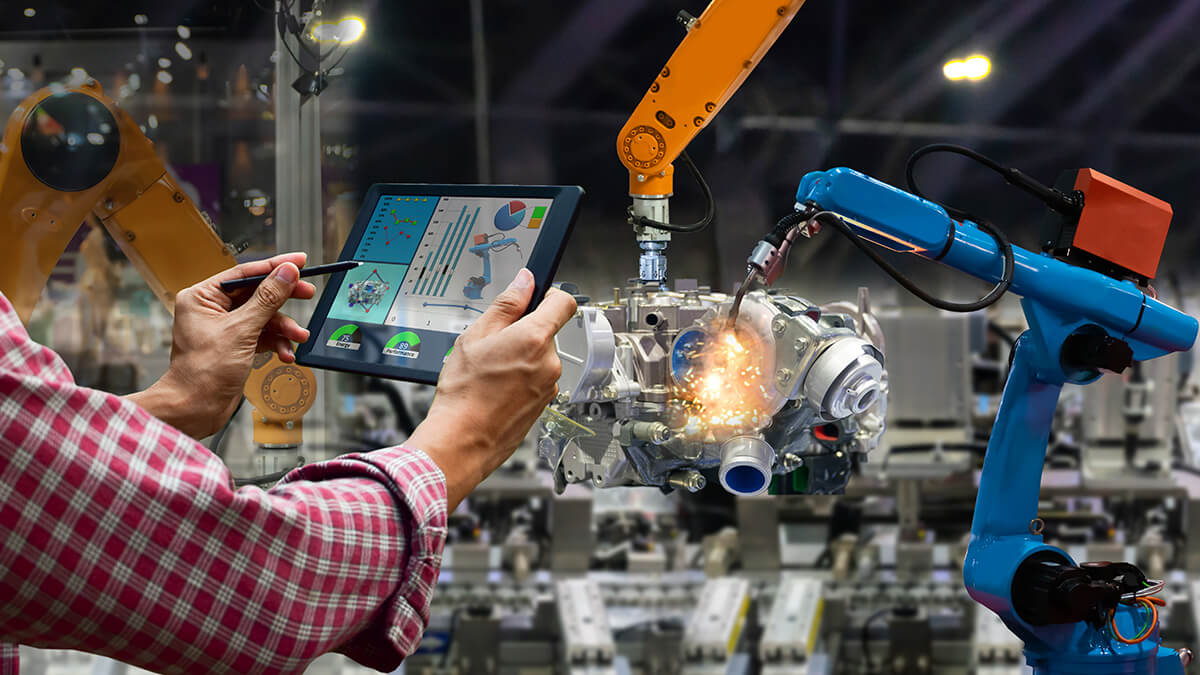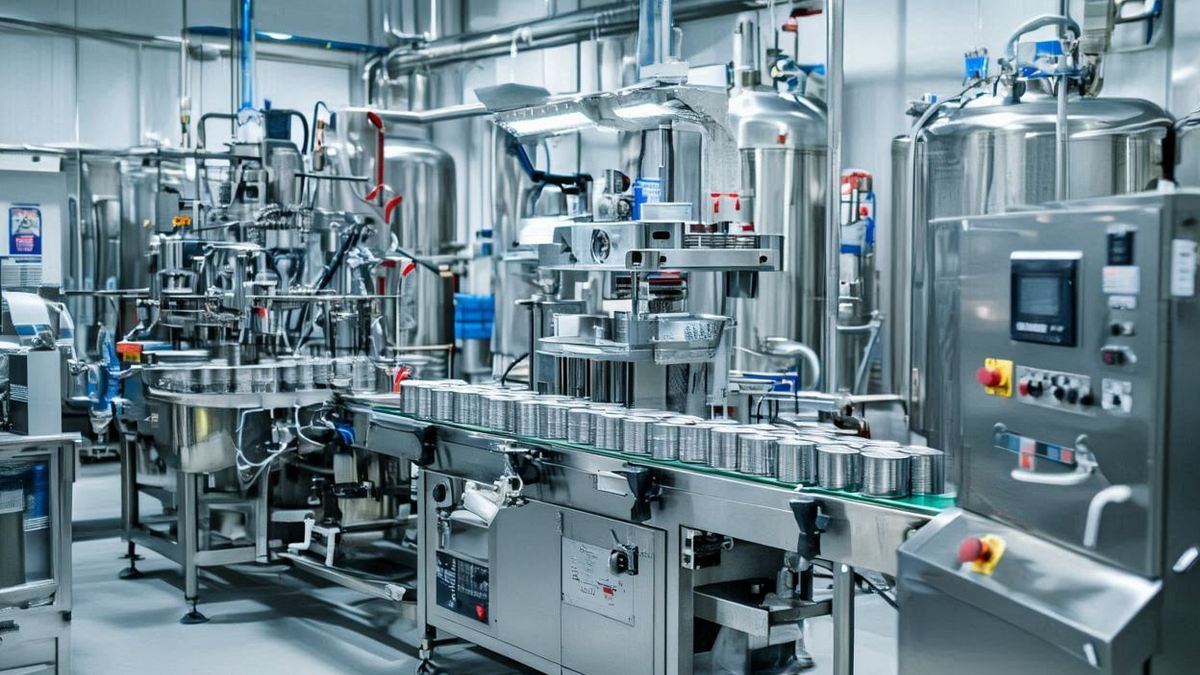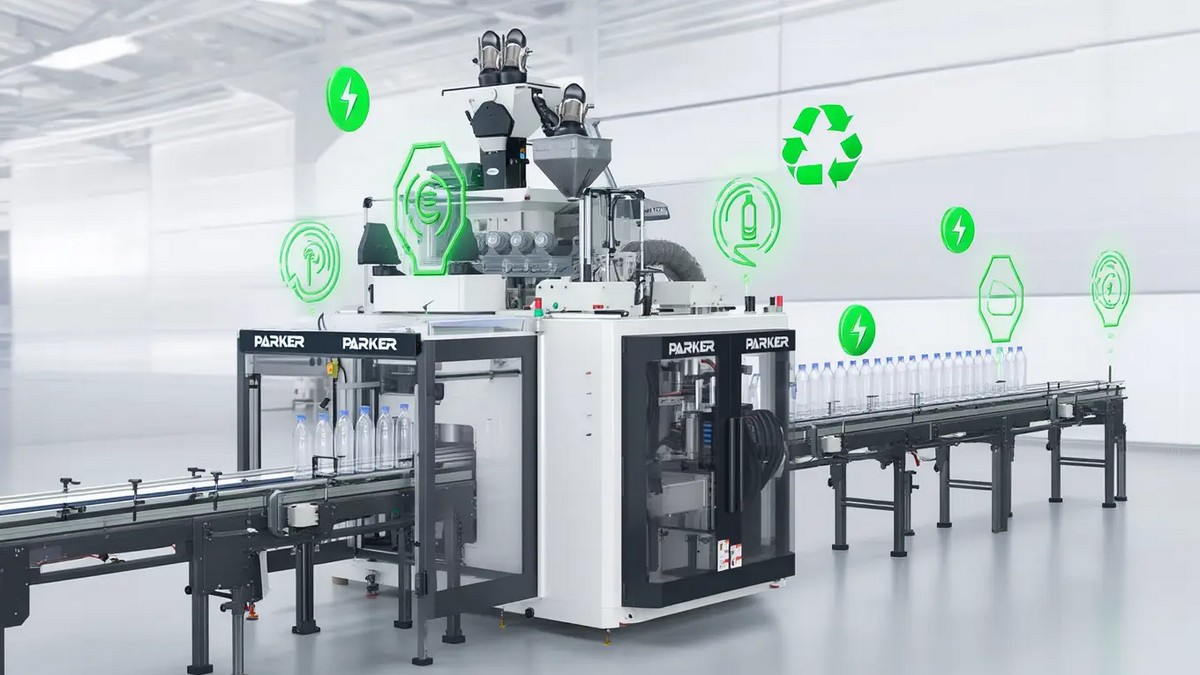2020 is a year of global economic challenges. The United States has the worst epidemic in the world, ethnic conflicts, and political turmoil, but US stocks have soared. After the epidemic and ethnic conflicts, when and how will the US economy restart?
If the impact of demonstrations or political turmoil increases, it will hurt consumer confidence, which in turn will affect the overall economic development and the willingness to invest in capital equipment; geopolitical and social conflicts, all possible It will make the general environment more unstable, and the real economy cannot rebound or respond optimistically as quickly as the stock market. If economic fundamentals are hurt, how to rush into the US market at a time of crisis is not just an analysis of industrial data. It is also necessary to think about local regulations, policy trends, and trends in the application industry.
U.S. Economy
Since the beginning of 2015, the global economy has been declining in the development of the new mediocrity. Only the US economy has shown signs of recovery and growth. According to the Bureau of Economic Analysis of the US Department of Commerce, the GDP growth rate for the third quarter of 2018 reached 3.0%, the highest in the United States since the second quarter of 2015. At the same time, the United States is also Taiwan's second-largest export market for machine tools. The cumulative export value as of October 2018 was NT$11.78 billion, which surpassed Taiwan's total export value of machine tools to the United States in 2017. In the face of the return of American manufacturing, but the local US residents are not willing to choose manufacturing employment, their companies are indispensable for factory automation and smart capabilities. Therefore, Taiwan’s machine tool industry’s strategy for responding to the needs of US stand-alone automation should be toward manufacturing medium and high-grade machine tools. The machine’s MTBF (Mean Time Between Failure) should be greater than 180 days, and the machine tool body’s automation capability should be improved. Processing efficiency and better processing quality to maintain the competitive advantage of the US market.
US manufacturing capacity increased by 0.1% in February 2020 compared with January. Among them, the growth rate of automotive components was the largest, and the growth rate of components for aviation and miscellaneous transportation was the lowest. The manufacturing capacity utilization rate in February was 75%, not much different from January, but it was still 3.2% lower than the long-term average. The U.S. manufacturing industry includes large listed companies, major brands, and SMEs. Among them, machinery manufacturing is one of the largest and most competitive industries in the U.S. manufacturing economy. The influence of the machinery manufacturing industry is throughout the United States, and it is produced in almost every state. The production settlements are mainly concentrated in the industrial zones of the Midwest, California, and Texas. The machinery industry is the backing of many other high-end technologies in the manufacturing and service industries. Its industrial control and automation technologies have helped many end users improve production efficiency. In addition to machine tools, the sale of various machinery also includes various high-value service industries, such as construction, engineering, and logistics. Due to the high demand for metal products, the US aviation, automotive and defense fields have always been the main sources of demand for the machine tool industry. With the increasing proportion of Industry 4.0 in the entire manufacturing industry, the machine tool industry has also become a production line intelligent system. The important part.
Enter the U.S. Market
To successfully enter the US market, you need to first understand the local terminal application industry in the United States. In the automotive industry, with the rising trend of local consumers' demand for fuel-efficient and environmentally-friendly vehicles, the US automotive industry has made considerable achievements in light vehicles. The sales of small cars in the United States reached a peak of 17.46 million in 2016 and exceeded 17 million for the fourth consecutive year in 2018. The market expects that sales of small cars will continue to grow. The continued increase in sales of electric vehicles is also reflected in the demand for machine tools, including the turning of components such as gearboxes, transmissions, engine cylinder heads, brake drums, rotors, and flywheels. With the advancement of machine tools in terms of technology and automation, the automotive industry's demand for improving production efficiency and accuracy is also increasing.
In the electronics industry, although semiconductors and microprocessors were invented by the United States, the industry has been transferred overseas for many years. In the long run, this poses a major threat to American innovation, and it also means that the United States has lost innovation in the field of motor electronics. Advantage. Therefore, as part of the global digital revolution, the US manufacturing industry hopes to restore its previous advantages, including innovations in robotics, artificial intelligence, 3D printing, data analysis, and other digital technologies. According to US economic data, this digital revolution has not yet fully realized its potential. American companies hope to continue to maintain the development advantages of their manufacturing industries, so it is expected to import machine tools to revitalize the US manufacturing industry.
For the aerospace industry, the required machinery includes machine tools, material handling equipment, welding equipment, and process control technology. As of the end of 2018, foreign direct investment (FDI) in the US aerospace industry totaled nearly $22 billion. In the off-road industry, off-road use of diesel engines and hydraulic technology are important components of off-road equipment. The industry contributed US$151 billion in exports to the US economy in 2018 and provided tens of thousands of high-paying job opportunities. In the agricultural industry, the agricultural equipment market is expected to exceed US$200 billion by 2024. The application of smart technology and the Internet of Things technology in multiple industrial fields is growing rapidly, thereby encouraging manufacturers to provide customers with interconnected solutions. These technologies can be applied to remote monitoring and control of agricultural farming processes, enabling farmers to increase efficiency and productivity.
The signing of the United States–Mexico–Canada Agreement (USMCA) is expected to drive economic and trade activities throughout North America and promote new investment in key capital-intensive industries. According to the local capital expenditure survey in 2020, it is predicted that the consumption of machine tools in 2021 will be 5% lower than that in 2019, about $6.993 billion, but even so, the purchase level of machine tools is still higher than that of the United States over the years. In terms of government policy, incentive measures are taken for the economic environment of reasonable investment, cost control, promotion of innovation and productivity improvement, which also means that the US government will adopt active international economic and trade policies to encourage investment and ensure fair competition.
Rising labor wages in countries outside the United States, rising costs such as transportation and loading and unloading, the U.S.-China trade war, and the international political situation are all reasons that have prompted American manufacturers to return to the United States, and will directly increase the demand for machine tools from American companies. Apple announced in 2018 that it would invest more than US$30 billion in capital expenditures in the United States in the next five years and is expected to increase its commitment to advanced manufacturing funds (used to invest in US manufacturing and promote domestic manufacturing) from US$1 billion to 50 One hundred million U.S. dollars. Intel® is building a $5 billion microprocessor plant in Chandler, Arizona. The plant is called Fab 42 and will use 7-nanometer technology. It is expected to become the most advanced high-volume microprocessor plant in the world. GM has transferred the Mexican axle production line to Arlington, Texas, and produced it. Boeing recently transferred part of its new 777X airliner production line from overseas to St. Louis. Dow took advantage of the lower natural gas prices in the United States and invested $6 billion in manufacturing plants in Texas and Louisiana. Most of GE's reorganization work revolved around the newly renovated production facility Appliance Park in Louisville, Kentucky, and moved the production line of bottom-mounted refrigerators and front-mounted washing machines from China and Mexico to the United States to reduce transportation costs. 1. Improve labor standards and benefit from major preferential tax policies of state and local governments. Caterpillar opened a new plant in Victoria, Texas, with an initial investment of US$200 million to move its hydraulic excavator production from Akashi, Japan, to the United States.
To enter the US market, we must first thoroughly study the saturation, potential demand, and local competition in the local market, and select the correct target audience to determine the feasibility of the product to be sold locally. The United States cannot be regarded as a single market, it is a federal system, so each state must be viewed as a separate entity to evaluate, conduct different business specifications in a particular state, and evaluate the feasibility of products entering the state. The promotion of machinery products in the United States is not only through local agents or distributors, but also the establishment of local branches and layout of sales channels. This is a long-term overseas strategy of Taiwanese machinery industry manufacturers that needs to be carefully evaluated in the United States market. The current distribution of Taiwanese manufacturers in the United States is still mostly through local agents or distributors. It is expected that between 2020 and 2026, competition between agents or distributors will become more intense. Agents or distributors will compete with each other on the basis of pricing, customer service, increased revenue, and service portfolio to increase market competitive advantage; it is expected that as product items expand, the competition will intensify, so technological innovation will increase competitiveness Will have an important influence. In order to maintain an advantage in a fiercely competitive market, Taiwanese manufacturers should develop innovative ideas, strategies, and service models, and develop novel technologies.
For Taiwanese companies wishing to set up a company in the United States, if they want to set up a business company, they need to submit a company registration certificate or articles of association; if they want to set up a limited liability company (LLC), they need to submit their articles of association or articles of association. Subsequent operations include submitting other company documents to the State Archives, holding organizational meetings, appointing senior management and directors, issuing shares to shareholders, obtaining federal employer identification numbers, submitting BE-13 investigations to the US Bureau of Economic Statistics, and opening bank accounts. , And start future business operations, purchase, lease, or lease office space, hire employees, sell products, etc. Immediately after the operation begins, the payment of taxes is required. Companies registered in the United States must pay federal taxes. The types of taxes depend on the way the company is established, including income tax, estimated tax, employment tax, consumption tax, etc. Most of these companies also have to pay state taxes, but whether they pay it depends on the relevant regulations of the state in which the company is registered.
Another focus of attention when setting up a company in the United States is local labor regulations. Although US labor regulations may vary by state and industry, some laws apply to all employed workers and independent contractors. The Fair Labor Standards Act (FLSA) stipulates standards for labor wages and overtime pay. The law requires employers to pay employees a minimum federal wage and exempt employees from wage tax. The United States Occupational Safety and Health Administration (OSHA) requires employers to provide employees with non-serious work content and fields; employers with more than 15 employees must comply with the Equal Opportunity Law implemented by the Equal Employment Opportunity Commission (EEOC), including gender, race, religion, age, disability, and other factors. The federal government requires employers to ensure that their employees can work legally in the United States. Each work visa category has different requirements, conditions, and authorized residence periods. If the company provides a pension or benefits plan, it must comply with the provisions of the ERISA. If the company’s employees form a union, they must submit a report and deal with the union’s members in a specific way. The Family and Medical Leave Act (FMLA) requires companies with more than 50 employees to provide regular employees with 12 weeks of unpaid leave for them to take leave for production, or to provide care for sicknesses such as spouses and immediate family members. In addition, some state labor department’s require employers to share or post notices in the workplace for employees to view. The Foreign Trade Association has offices in New York, Chicago, San Francisco, Los Angeles, and Miami in the United States. If Taiwanese companies intend to set up points, they need to do a full homework assessment before making a decision, and they can also contact foreign units for assistance.










.jpg)
.jpg)


點-m-90454917_m.jpg)